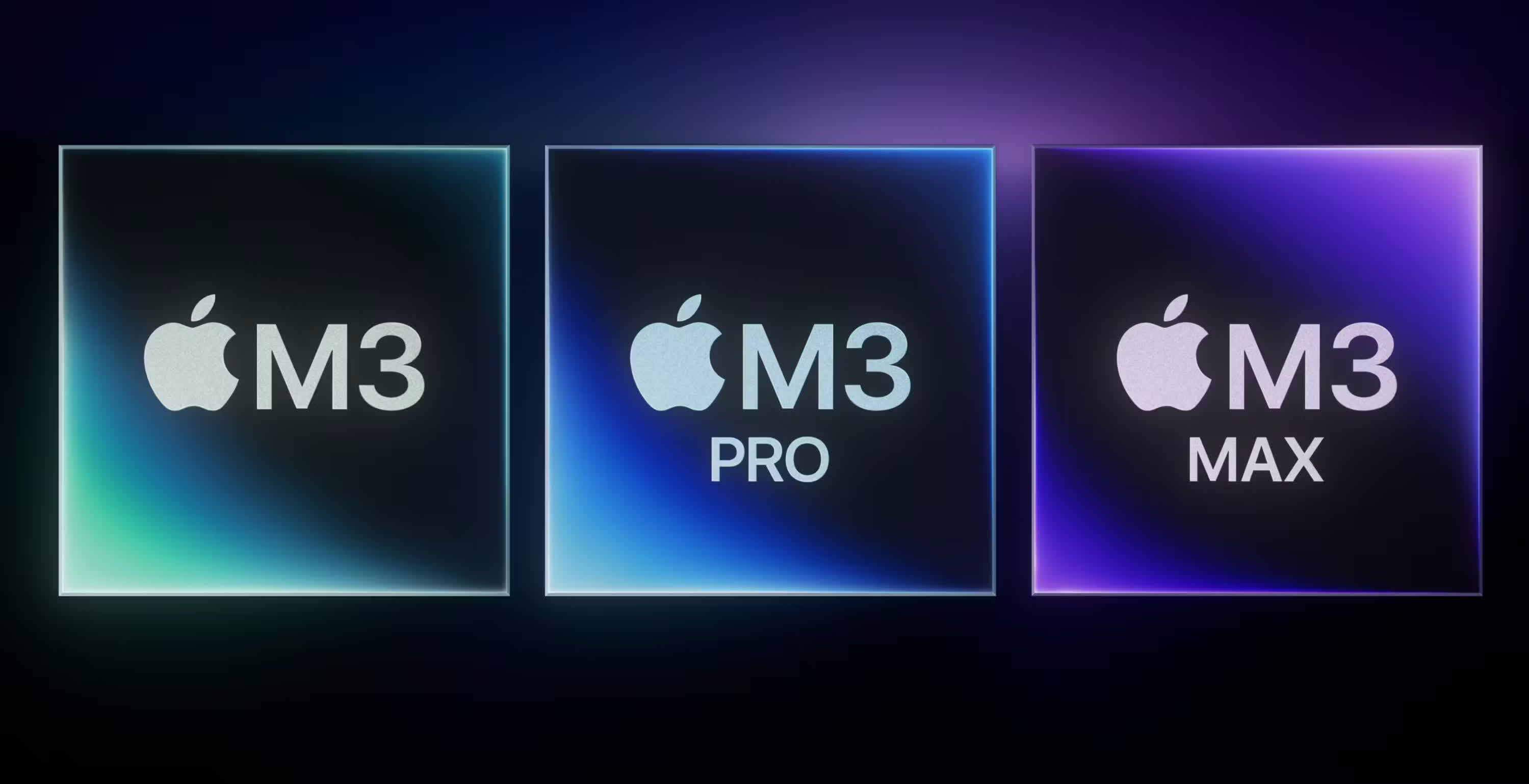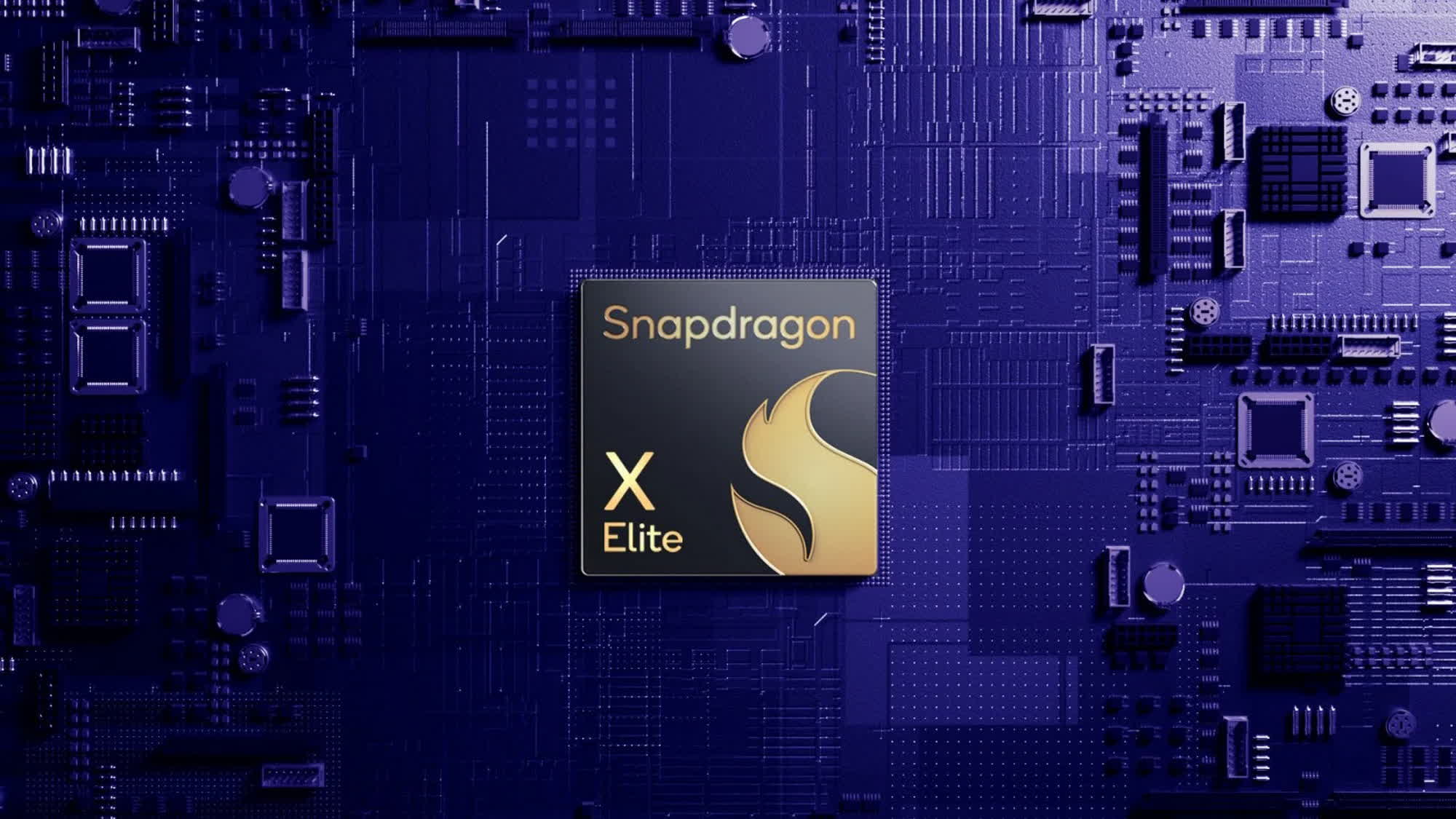Why it matters: Qualcomm is making some bold yet unconfirmed claims about the capabilities of its latest Arm chip. The company claims the Snapdragon X Elite is much faster than Apple M3 chips, even though user experience may vary.
Qualcomm recently announced the Snapdragon X Elite system-on-chip (SoC) device as a new laptop-class Arm processor, stating that it was so powerful it would beat Intel and AMD's x86 CPUs. The fabless chipmaker now claims that the latest addition to its renowned Snapdragon line can provide higher performance than Apple's latest M3 SoCs.
During its announcement in October, Qualcomm said that the Snapdragon X Elite chip could match the peak performance of the Apple M2 Max SoC chip using 30% less power. Apple introduced the M3 line just a week after the introduction of the Snapdragon X Elite, so Qualcomm is doubling down on its bold performance claims.
It now says that its Oyron CPU cores outperform Apple's M3 chips in single-threaded CPU performance. The chip designer also noted that Oyron cores are 21 percent faster than M3's in multi-threaded workloads. The Snapdragon X Elite design includes a CPU, a GPU, and a dedicated NPU for accelerating AI-based workloads.

Sascha Segan, senior public relations manager at Qualcomm, stated that users can experience different performance levels with various software products. However, it might be an admittedly apples-to-oranges comparison (no pun intended). While Apple designed M3 chips to power macOS, Qualcomm designed Snapdragon X Elite specifically for the Arm version of Windows.
Qualcomm is touting Snapdragon X Elite as a game-changing silicon technology capable of providing superior performance and power efficiency. Engineers specifically designed the SoC with its Hexagon NPU for AI. The company claims it is the most powerful, intelligent, and efficient laptop processor Qualcomm ever created for Windows.
The first Windows Arm laptops powered by the Snapdragon X Elite SoC should arrive mid-2024 from various vendors, including Acer, Asus, Dell, HP, Honor, Lenovo, Microsoft, and Samsung. Qualcomm has already provided some early (unbranded) systems to internal staff members and is seemingly collecting positive feedback for performance improvements and embedded AI capabilities.
